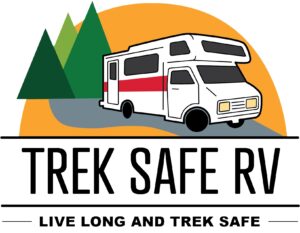RV Inspections
Buying an RV is a big investment. You spend hours and hours searching for the perfect one for your family. You’re focused on the features, floor plan, and appearance. You fall in love with it much like you did when purchasing your home. You had your home inspected which may have discovered issues that were repaired or perhaps you negotiated based on the results. A Certified RV inspection is like a home inspection. The difference with an RV is that it travels down the road. Think of it this way, every time you go on a trip with your RV, it’s like taking your house through an earthquake and hurricane at the same time. Things vibrate, shake, and come loose.
Because of this, a Certified RV inspection is much more comprehensive than a home inspection. It gives you a detailed report with an in-depth analysis of the RV that is objective and unbiased delivered by an NRVIA Certified RV Inspector. Our industry-leading RV Inspections are guided by the NRVIA’s Code of Ethics and Standards of Practice. A Certified RV Inspection can take 8 hours or more and can cover as many as 500+ detailed points of inspection. Our goal is to give you peace of mind by providing you with the data you need to make an informed decision about your RV purchase.
Premier Inspections
A Premier Inspection is the most comprehensive and highest level of RV Inspection offered by the NRVIA. Depending on the size of the RV, the Premier Inspection can cover 300 to 500 or more specific inspection points consisting of up to 1000 or more data points about the RV. Fluid Analysis can be added as an option to check the engine, generator, or even your tow vehicle. The inspection will be an all-day event that typically takes 6-10 hours to complete depending on the size and complexity of the RV.
Systematic Approach: Before the inspection even begins, we research the specific RV being inspected for potential recall notices. On the day of the inspection, we systematically inspect the RV from the roof to the chassis, front to back, inside and out. We test key points of the electrical systems, plumbing, propane leak test, life safety items, appliances, and much more. Throughout the process, we note any observations and categorize potential issues as life safety, major, minor, or item-specific comments.
Customer Focused: If we discover serious issues during the inspection, we pause the inspection and contact you immediately to make you aware. At the end of the day, we verbally review the findings. No later than noon the next day you will receive the detailed report which will include details from the inspection, descriptions of issues found, videos of key components being operated, and 80 to 100 or more photos of the RV. Once you have had time to look at the report, we will spend time with you answering questions. The report can then be used as a punch list of items to review with the dealer or submit to a qualified RV Technician for repair.
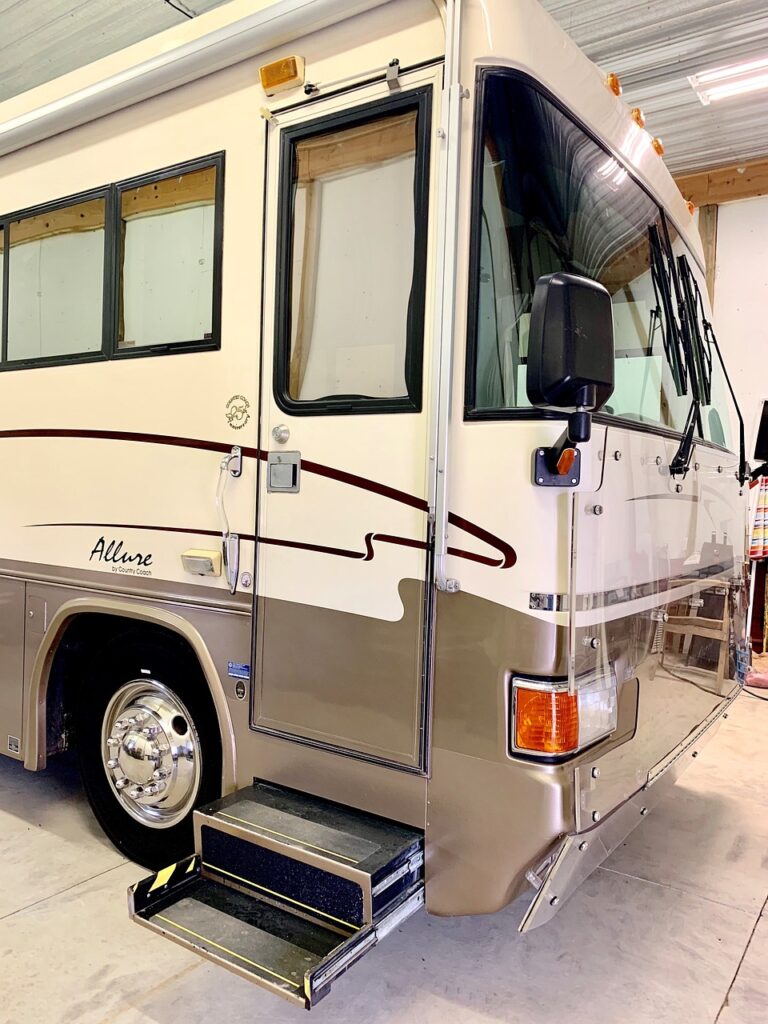
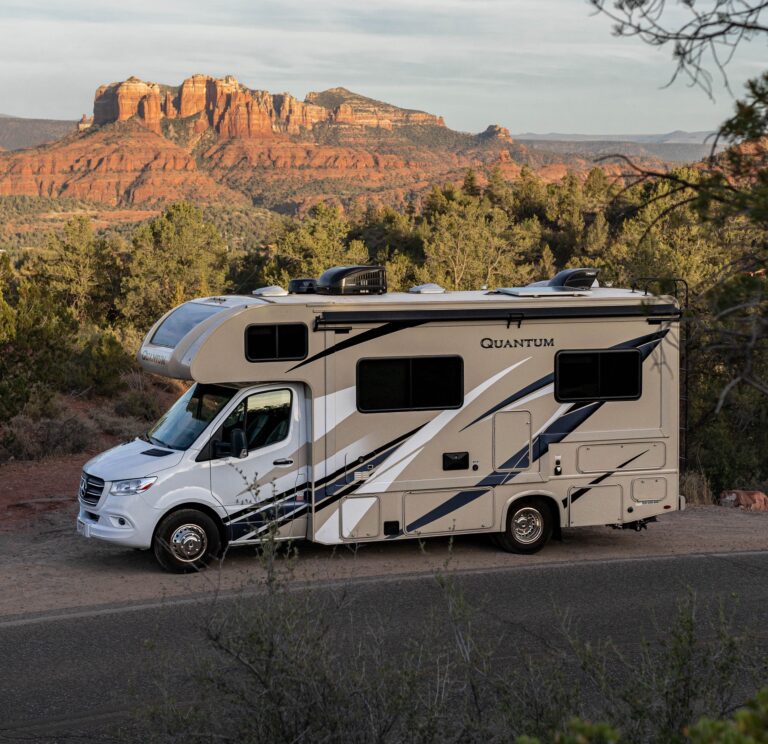
Custom Inspections
Everyone’s circumstances are unique. For a Custom RV Inspection, we start with a base set of important components such as all the life safety elements. Then we meet with you to discuss the areas you’re most concerned with on the RV you’re looking to buy and add those elements to the inspection. You will receive a custom quote that meets your needs.
We will follow the same systematic and customer-focused approach we follow for a Premier Inspection. The only change will be in the elements included in the inspection which will result in a shorter report and fewer photos (typically 20 to 60 photos).
Typically this type of inspection is requested by both buyers and sellers. While buyers are looking for peace of mind, sellers can reduce buyer concerns which in turn may speed up the sale. How you ask? Getting the inspection before selling helps identify problems that you can repair before the sale. Then you can provide both the inspection report and proof of the repairs to the potential buyer. If there are no major problems, great, provide the report as part of the sale and list the inspection details in the ad.
Life-Safety Checkup
A Life-Safety Checkup assesses your RV for potentially serious issues that could impact the safety of you and your family. We check key elements of your RV that could cause safety issues including electrical systems (both AC & DC), chassis running lights, test for Hot Skin issues, test for propane system leaks, operation of emergency exit windows, condition of tires, propane appliances for blockages or other issues, and the age and condition of detectors, extinguishers, and propane tanks. This checkup is performed by an RVTAA Register RV Technician who will document the current state of each item; photos, and summary of issues that need to be addressed.
This is a must-have if you purchased a pre-owned RV and did not get a Certified Inspection. We also recommend this checkup be done annually before you hit the road each year. We believe in the importance of this so much that we offer it at a steep discount when packaged with other preventive maintenance services. Contact us for more information.
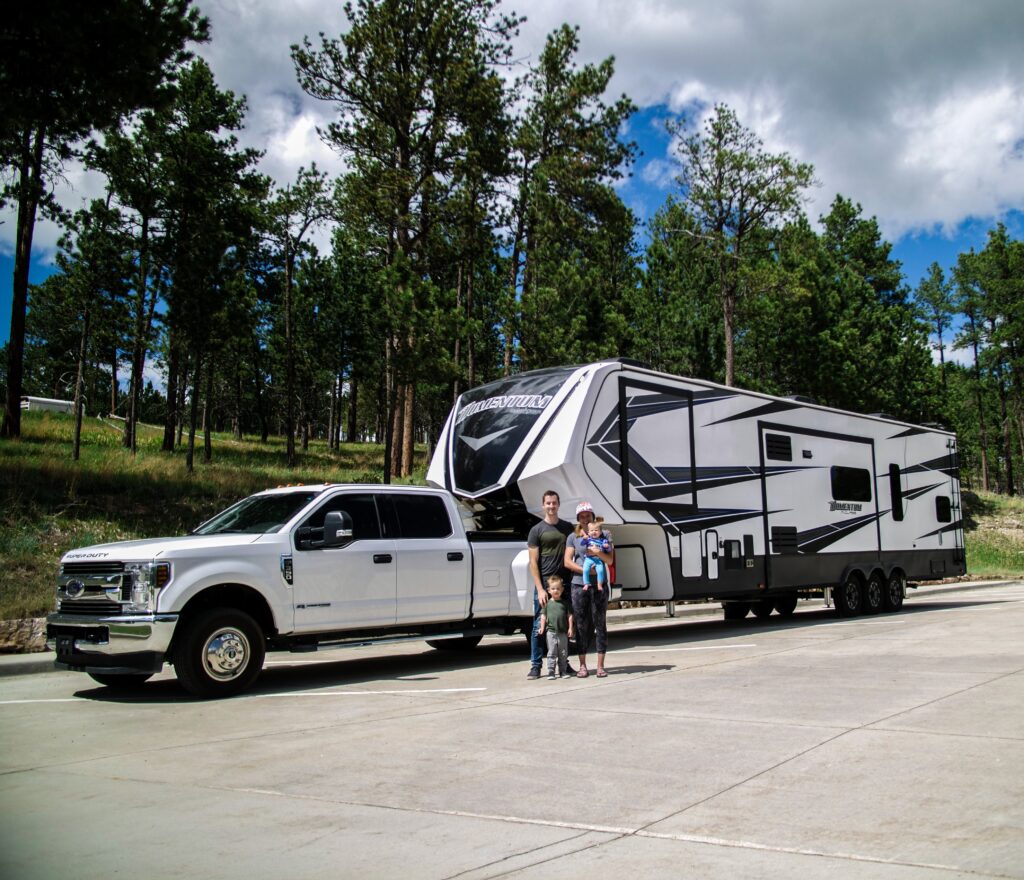
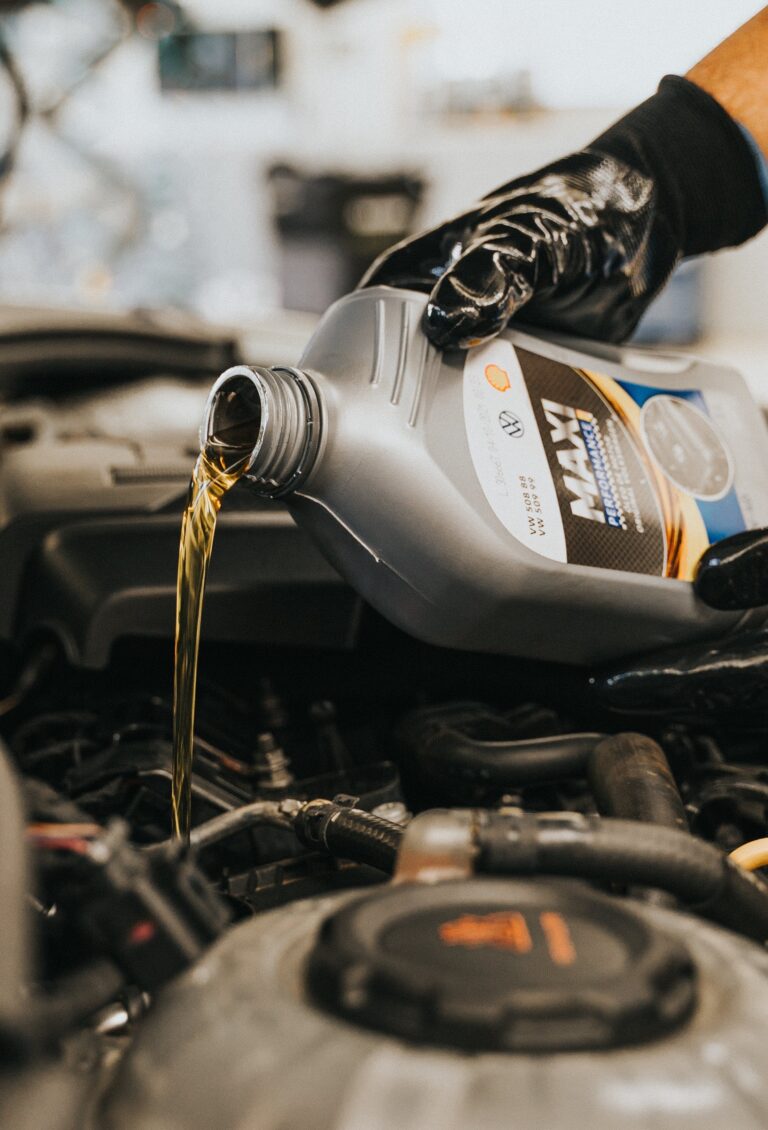
Fluid Analysis
Adding fluid analysis to your RV inspection helps ensure that you don’t end up inheriting someone else’s engine, transmission, or generator headaches. It’s like a blood test for your RV or tow vehicle. Fluid analysis can provide a whole new level of diagnostics for RV engines, transmission, generators, and hot water heating systems. It provides you with important information that you just can’t get any other way. Unlike other RV inspectors, NRVIA Certified RV Inspectors are trained to pull samples from these complex systems so that our affiliate laboratories, JG Lubricant Services, can assess what’s going on with the fluids and with the host components.
It turns out that fluid analysis reports have already been quite effective in protecting clients from RV purchases that might have been a “nightmare” had it not been for the things discovered in the fluid analysis reports. It’s saved many a buyer from experiencing “buyer’s remorse” by finding serious problems in these complex and expensive systems. The fluid analysis points out problems within these major mechanical systems that, if left unchecked, could potentially lead to expensive repairs, road calls and/or extended vehicle downtime. So, if something shows up in the test report that needs attention, wouldn’t you agree that now’s the time, before the purchase is made, to factor fluid analysis into the sale or negotiate maintenance and/or repair items into the deal just like you’d do during a home inspection.
Don’t take a chance …… let us pull samples on all the test points while we’re there doing your inspection. You’ll have peace of mind knowing that you know everything you need to know about these systems before the purchase.
